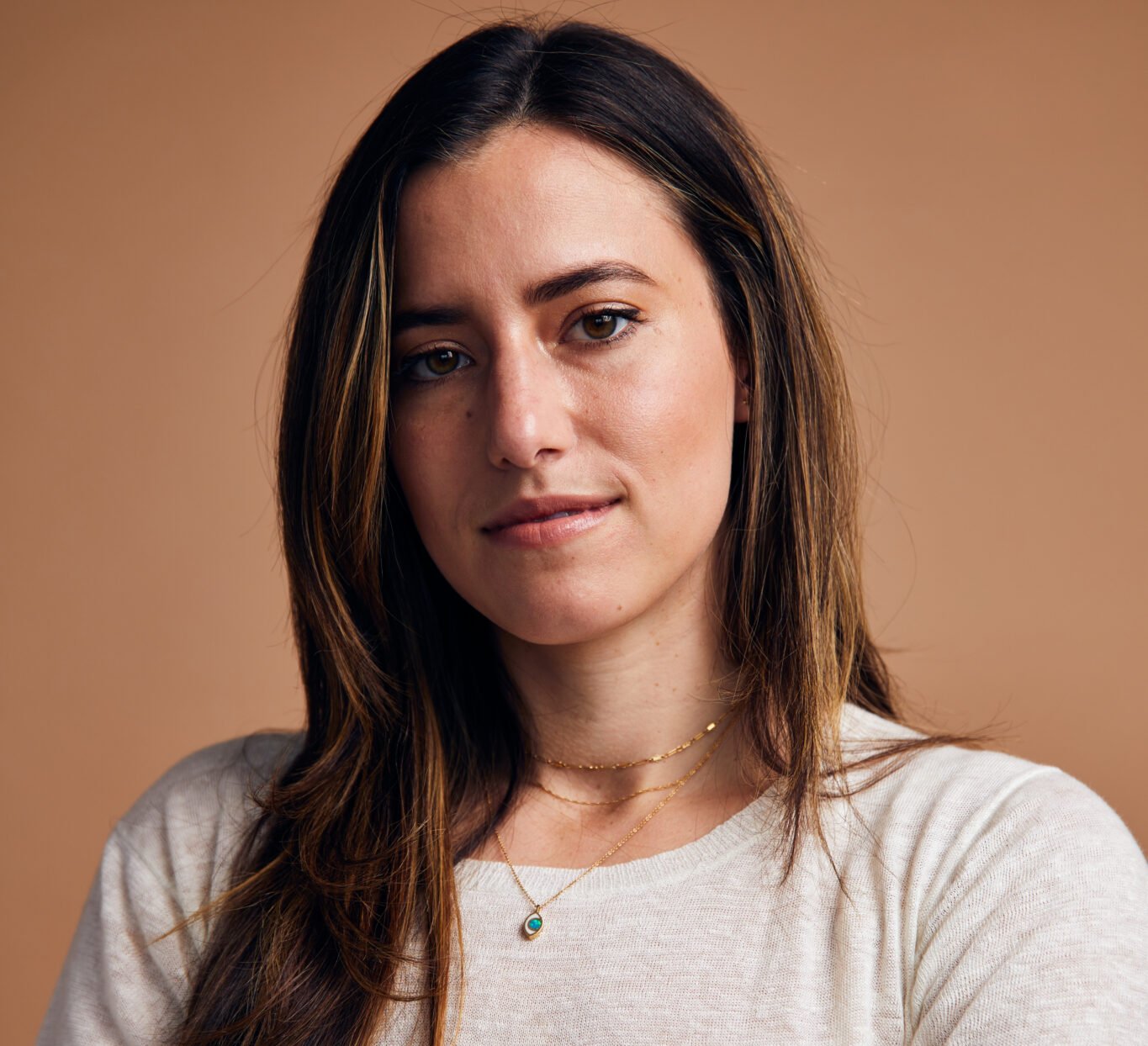Started in 2017 BlockFi is one of the world’s fastest growing fintech companies. BlockFi centers its work around financial inclusion—something cofounder Flori Marquez is passionate about. The daughter of Argentinian immigrants, she saw firsthand how hyperinflation can affect a currency and, more importantly, the people who use it. As such, BlockFi works to make financial inclusion more accessible by providing traditional financial services to underserved or limited markets. In addition to this mission, BlockFi supports both institutional and retail clients’ access to crypto assets, including trading, lending, payments and asset management. Worth talked to Marquez about how BlockFi is making an impact, what worth beyond wealth means to her and the importance of the work BlockFi is doing.
How is BlockFi making an impact?
BlockFi’s roots are in financial inclusion. I am a child of Argentinian immigrants, and I think most people in the U.S. take for granted that we have access to a currency that isn’t being ripped apart by hyperinflation. I look to family members who are tied to the peso in Argentina, where their hard work is rapidly devalued by a hyperinflated currency. We hope that through supporting this global crypto ecosystem and bringing traditional financial services products to global markets, it will have a huge impact on developing markets and nations.

How is BlockFi allowing more people access to crypto? How do you go about creating financial inclusion in a space that is somewhat complicated for people who aren’t investors?
It’s beyond just access to crypto—it’s access to traditional financial products that have historically been exclusionary. If you are a person looking to secure a loan to buy a home, often you have to provide a credit score. Credit scores are inherently exclusionary and prohibit certain demographics from being able to participate in financial services.
We started lending against folks’ crypto portfolios in 2018, and we were firm when sourcing credit facilities to back the loans that we would not check credit scores. We were certain we wouldn’t experience any losses as a result. Some investors didn’t believe that would be the case. Here we are three years later having gone through many bouts of volatility in the market. We haven’t had a loss on the U.S. dollar loan portfolio. And people have been able to buy homes, get a car or just better their lives as a result.
What does worth beyond wealth mean to you, and how do you as an entrepreneur embrace that idea?
As an entrepreneur, one’s worth is directly tied to the mark they leave on the world. Something I have witnessed, particularly among women, is that there is a veil of shame around talking about your finances. It’s daunting and intimidating. Both myself and BlockFi are hugely focused on educating the market to not only the benefits but also the risks of crypto. Looking at Bitcoin, it’s the best performing asset in the past decade. This isn’t financial advice, but if you’re evaluating ways to reduce a wealth gap, it’s certainly an asset class to consider. If you want to participate in the crypto world, I want to educate you on your options.

Ultimately, what kind of impact do you hope to have with BlockFi?
Increased financial access and education! Global powerhouses are racing to leverage the inherent value of digital assets over traditional fiat currencies. The transition from traditional to digital assets allows people around the world, no matter their socioeconomic background, to directly access and harness the power of one global, digital economy. We are just scratching the surface of the true benefits digital assets can provide.







